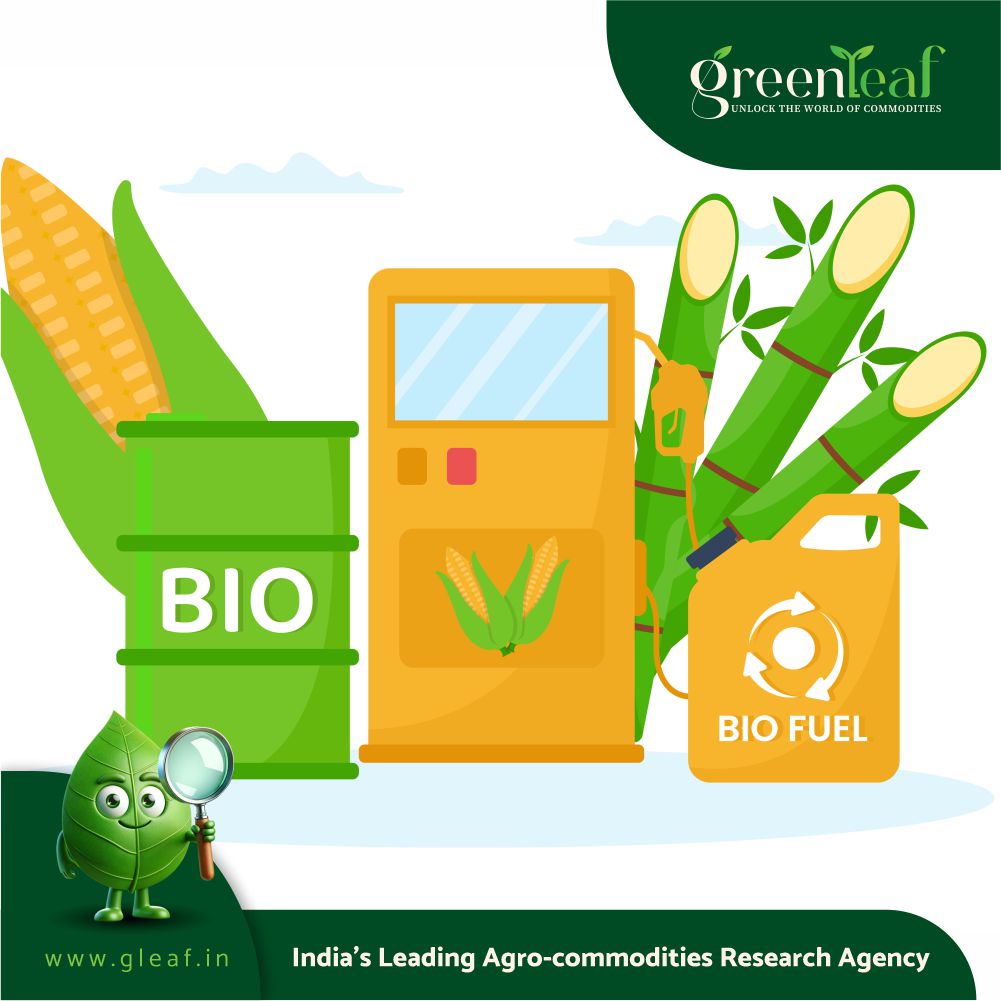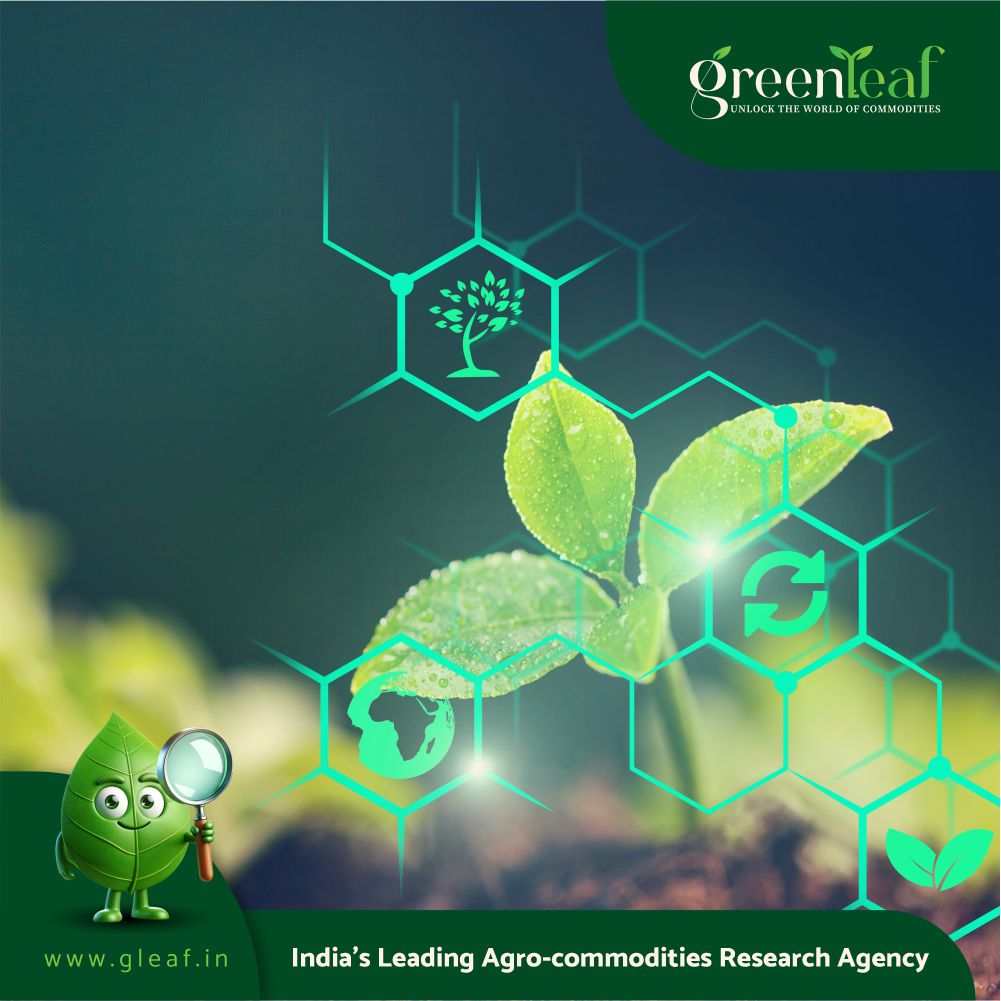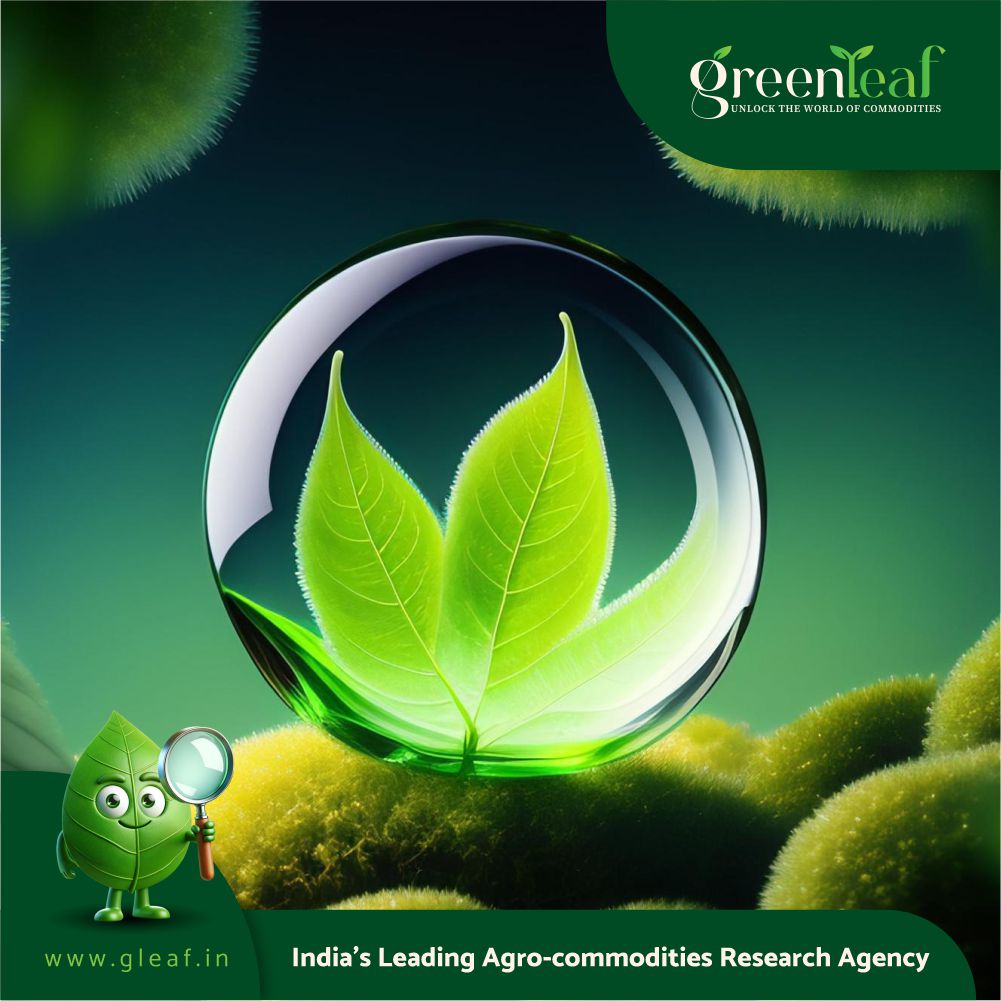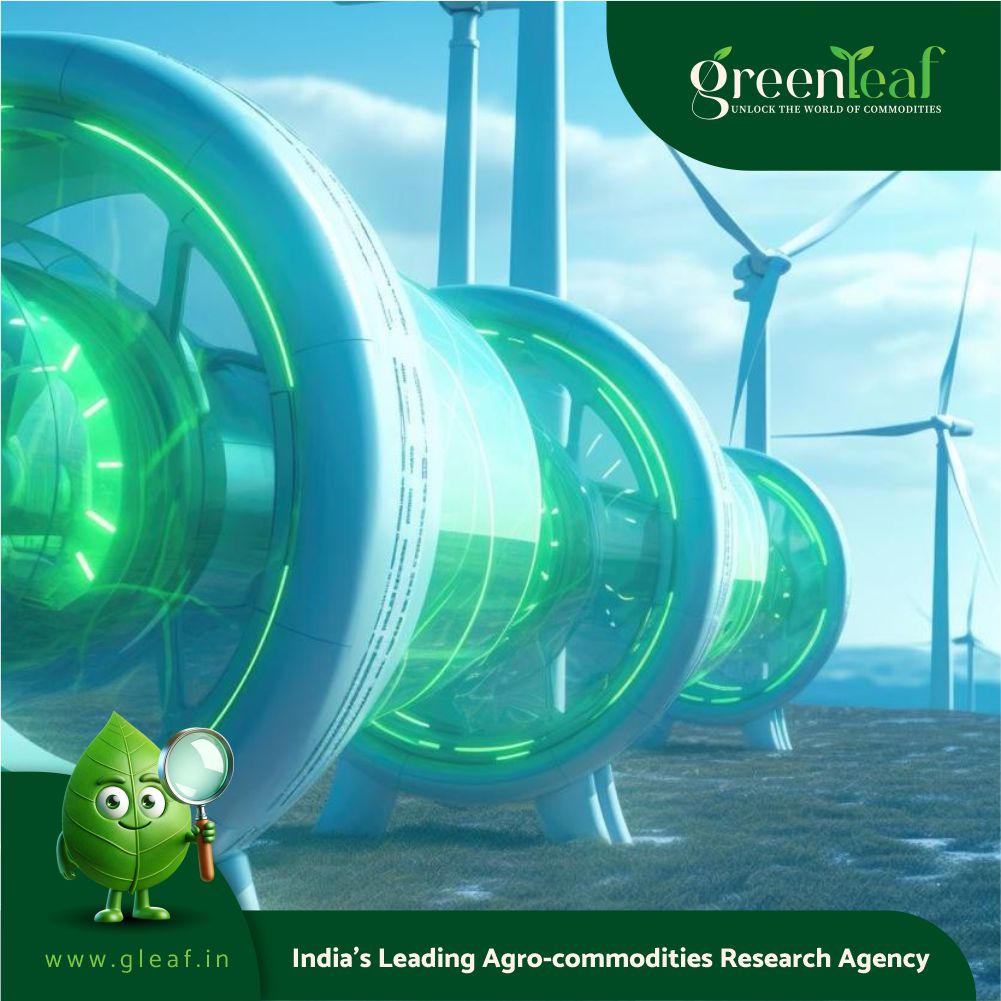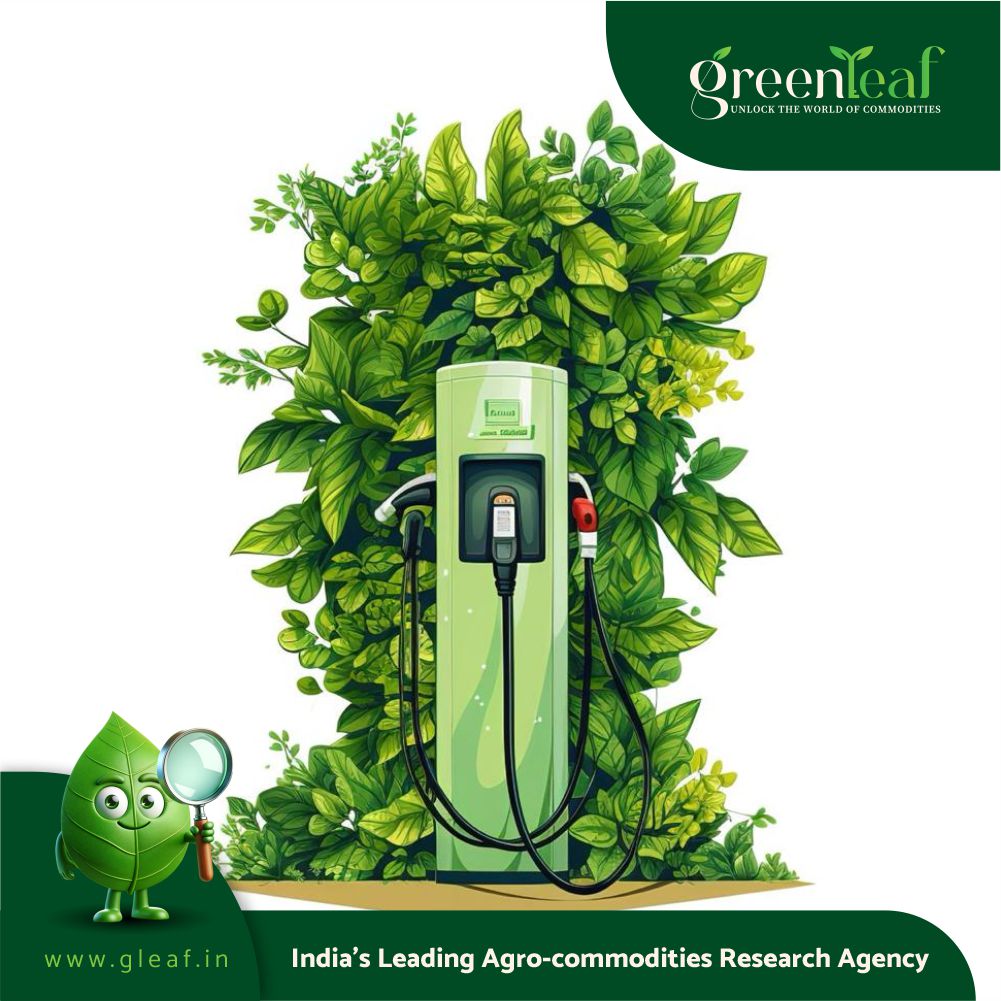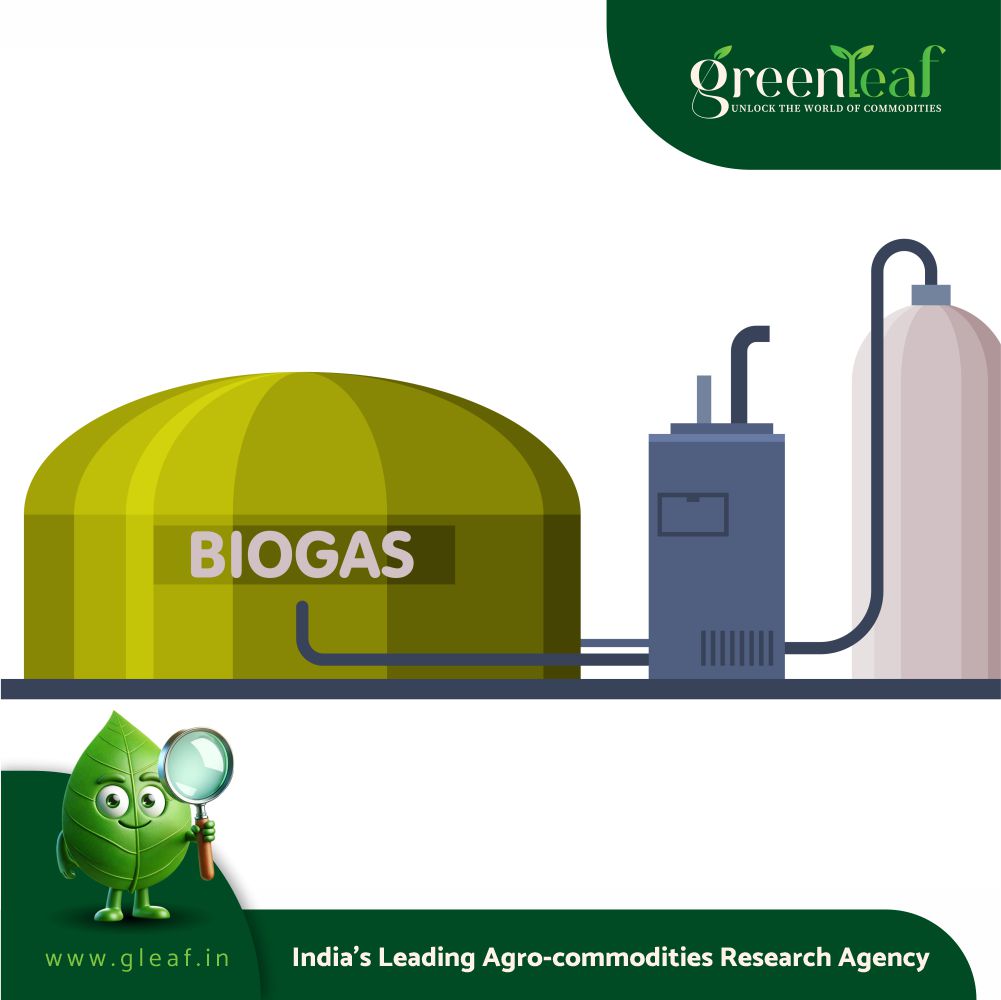Faced with an uncertain transatlantic trade relationship, European leaders have begun to re-think certain policy priorities in a way that emphasizes domestic assets and competitiveness.
For the EU biofuels sector, this should come as good news—after all, what better way to achieve energy independence, boost food security, valorize the EU bioeconomy, support farmers and help reduce transport emissions than with a homegrown resource such as renewable ethanol?
In fact, even though EU policy continues to unfairly hamstring the potential contribution of crop-based biofuels to these important efforts, there have been some encouraging signs lately that maybe the tide is turning.
One example was in March, when European Commission President Ursula von der Leyen signaled a high-level shift in the EU approach to transport defossilization. Von der Leyen talked about the “need to listen to the voices of the stakeholders that ask for more pragmatism in these difficult times, and for technology neutrality, especially when it comes to the 2025 targets” for reducing emissions from cars.
These “stakeholders” include European citizens, who are voting with their pocketbooks. Every month, sales figures from the European automobile industry confirm the need for a more flexible EU approach to road transport decarbonization, as sales of battery electric vehicles are not yet living up to the Commission’s expectations.
In fact, hybrid vehicles are now the number-one category of new car sales in the EU, representing 35.2% of sales so far in 2025 and “remaining the preferred choice among EU consumers,” according to ACEA, the European Automobile Manufacturers’ Association.
Gasoline, gasoline hybrid and plug-in hybrid cars together make up more than 71% of new cars. These vehicles will be on the roads for a long time, and the most immediate and cost-effective way to reduce their greenhouse-gas emissions is with renewable ethanol.
Importantly, these cars can run on renewable fuels that are readily available and deliver immediate GHG reduction. Even after 2035, plug-in hybrids running on a blend of 100% renewable bioethanol and bionaphtha will meet the regulatory requirements for carbon-neutrality. Everybody in Europe wins: automotive companies, motorists, farmers whose crops produce renewable fuel.
This synergy has been illustrated this spring across the EU in a project called the Tour d’Europe, in which cars and trucks on a three-month road trip across 20 countries demonstrated the decarbonization potential provided by renewable fuels, raising awareness about their accessibility and ease of use in Europe, and underlining their significant role in reaching the EU’s objective of climate neutrality by 2050.
The Tour d’Europe cars and trucks were equipped with a software tool called a “digital fuel twin” (DFT) that verified the use of renewable fuels and the resulting reductions in CO2 emissions.
It’s always been clear that technology-openness and a flexible approach are essential if the EU wants to achieve its ambitions for defossilising transport and for boosting competitiveness and strategic autonomy.
Now the Commission needs to turn words into actions and include the contribution of renewable liquid fuels such as ethanol, which has a proven track record of GHG reduction in the petrol and hybrid vehicles Europeans continue to buy.

